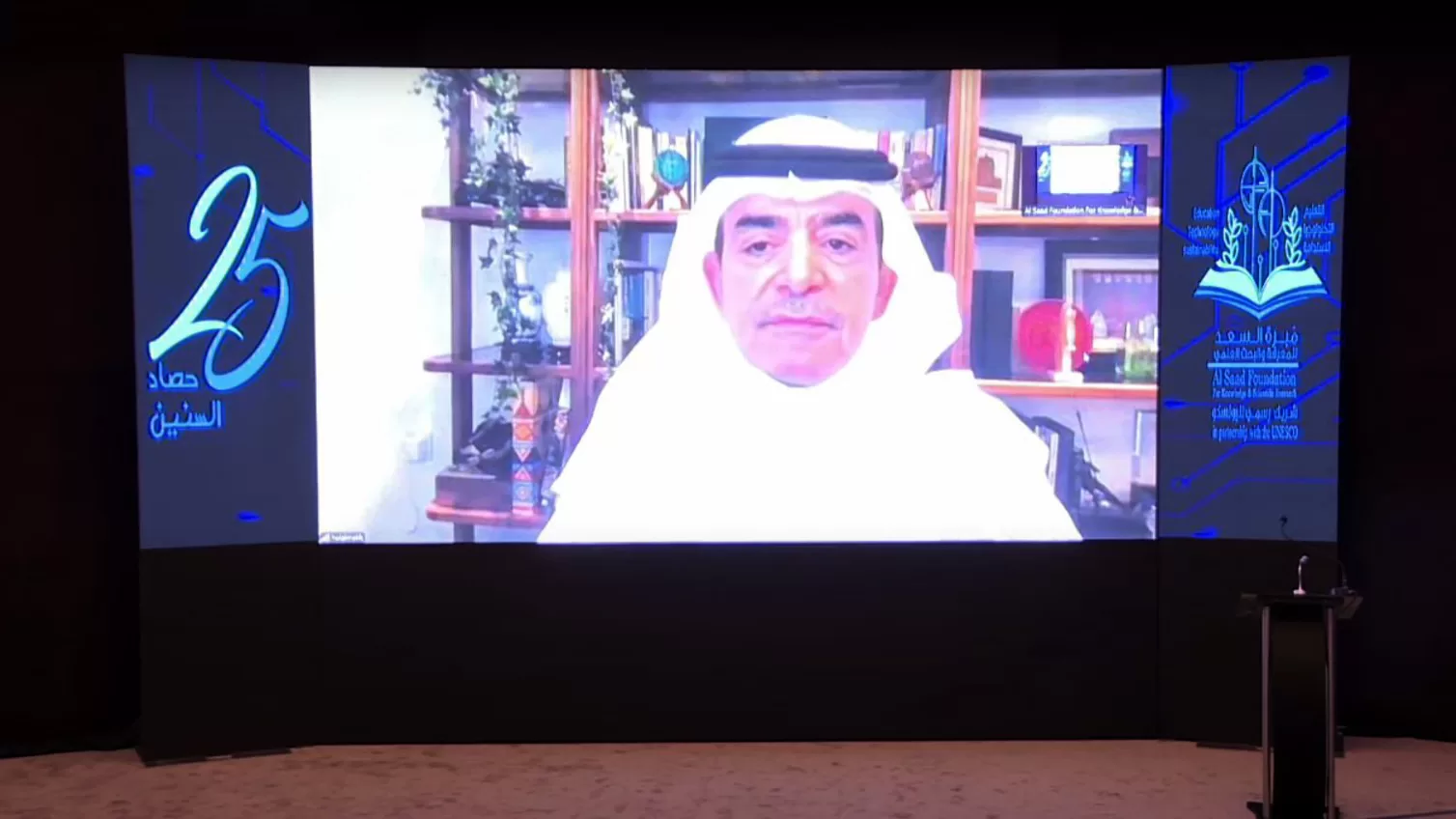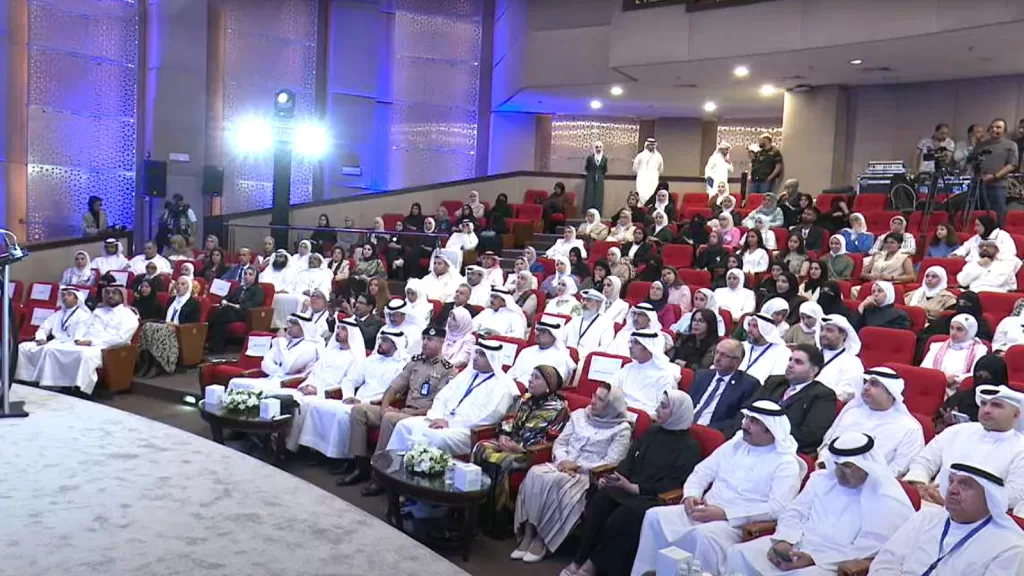
ICESCO Director-General Calls for Action to Ensure a Sustainable Future for Education

6 October 2024
Dr. Salim M. AlMalik, Director General of the Islamic World Educational, Scientific and Cultural Organization (ICESCO), emphasized that no sector is more in need of being approached with a future-oriented perspective and addressed through the concept of sustainability than education. He noted that traditional schools will soon become a part of the past, giving way to schools driven by artificial intelligence, expanded virtual spaces, and remote learning environments. Future professions and jobs, many of which do not yet exist today, will replace about 85% of the current jobs.
These remarks were made during his virtual address today, Sunday 6 October 2024, at the opening session of the international forum, “Education of the Future: Innovation and Technology for Sustainability.”

The Event is organized by Al-Saad Foundation for Knowledge and Scientific Research, under the patronage of Sheikha Fadyah Saad Abdullah Al Sabah, Chairwoman of the Foundation, in cooperation with several ministries and bodies in Kuwait. The Forum will span two days, featuring high-level international participation.
During his address, Dr. AlMalik pointed out that the Forum follows the conclusion of ICESCO’s Conference of Education Ministers, hosted by the Sultanate of Oman on 2-3 October 2024. This conference was one of the largest education events witnessed in the Islamic world in the past fifty years. One of its key outcomes was the reaffirmation of the close connection between education and upbringing, refuting all claims that call for a complete separation between the two. Education, he explained, is intrinsically linked to ethics and values, and the future demands that we adhere to frameworks that confirm the necessity of ethics, especially in the era of digitization and artificial intelligence.
He also stressed the inevitable importance of maintaining ethical principles in education, particularly as the younger generation is the most engaged with technological tools and digital applications. Global curricula are rapidly moving toward the adoption of AI applications, making it essential to recognize the family’s critical role as a full partner in completing the four pillars of the educational process: student, teacher, school, and family; ensuring harmony among these four elements is key to safeguarding a future free of extremism and intolerance.
In conclusion, Dr. AlMalik called for a balanced and well-thought-out approach to developing education, one that is open to learning from others while avoiding blind adoption of their methods. He noted that many Islamic countries still suffer from economic deficiencies that hinder their ability to meet modern educational requirements.
According to a recent UN report, there are 250 million young people globally who are considered school dropouts or have received inadequate education, with the majority of them coming from Islamic countries. This is largely due to misguided policies and unjust wars, such as those waged by the Zionist entity in Palestine, which targets schools and educational facilities. Dr. AlMalik urged for a louder call to stop this injustice and reduce this tragedy, to ensure that future generations receive an education in a safe and supportive environment.




